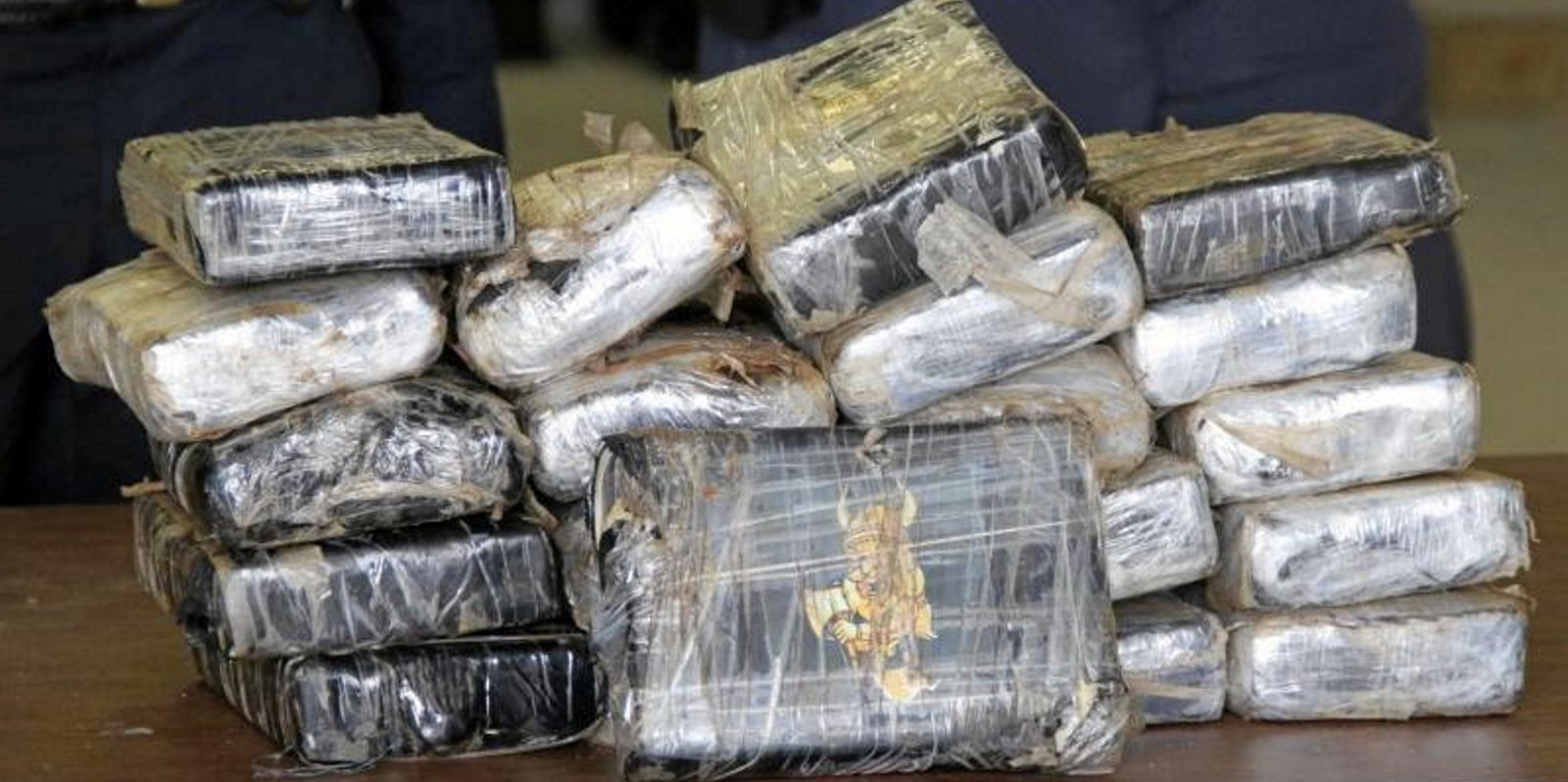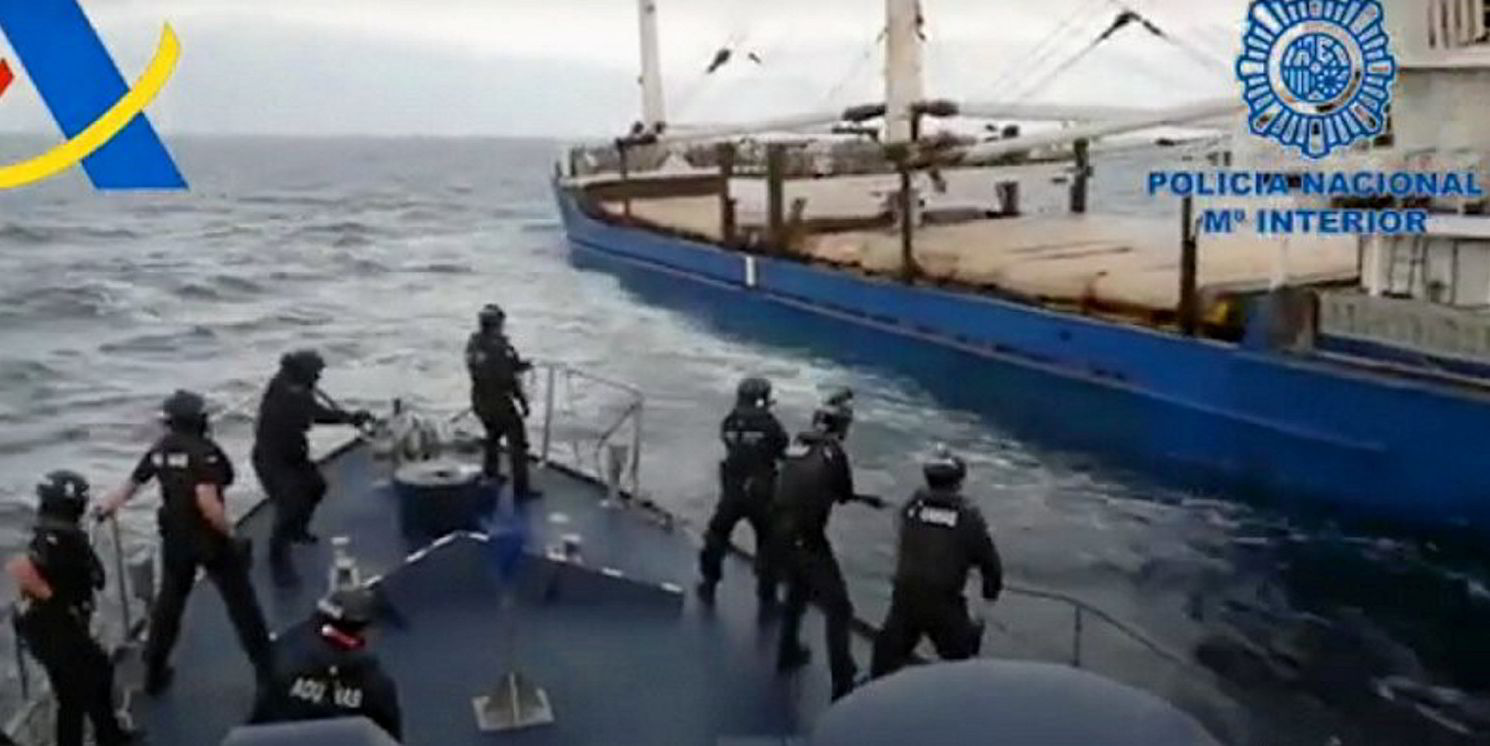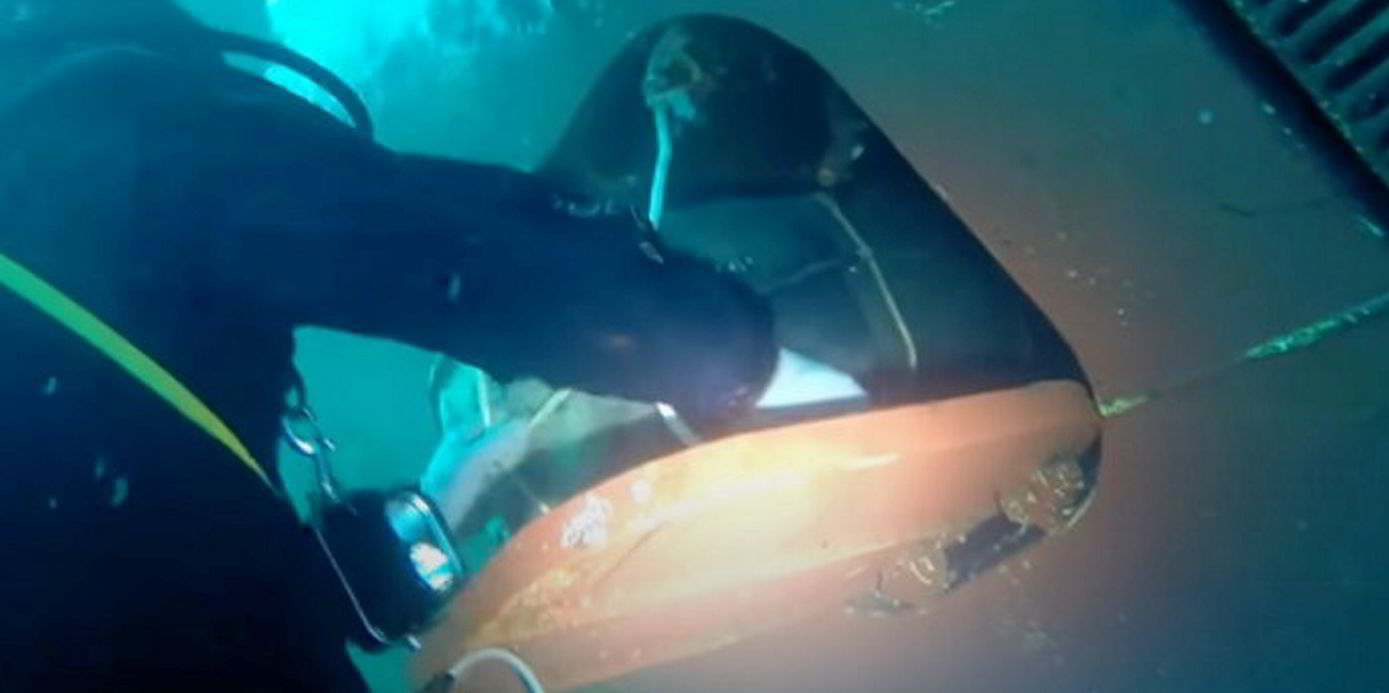Reduced air traffic during the pandemic has led to an increase in drugs smuggled by sea, particularly in containerships to big European ports.
Increasing amounts of cocaine are arriving at major container ports such as Antwerp, Rotterdam, Hamburg and Valencia, protection and indemnity insurer Skuld warned, following a report by the United Nations Office on Drugs & Crime (UNODC).
The World Drug Report 2020 said that despite disruption to global supply routes caused by the pandemic, cocaine smuggling has thrived, with a growth in shipment sizes and the increased use of commercial shipping.
Organised criminal gangs have become more inventive, with the economic downturn caused by the Covid-19 crisis having the potential to lead to a lasting transformation of drug markets, according to the report.
UNODC said the reduction in air traffic to Europe resulting from Covid-19 restrictions would probably lead to an increase in direct cocaine shipments by sea from South America to Europe and increased shipments to North America via Mexico.
Larger ports have become the most attractive transit points for smugglers to Europe due to the quick movement of products, with volumes smuggled roughly proportional to their size.
Smuggling by sea to the US is generally via the eastern Pacific, which makes up about 70% of cocaine movement. The route facilitates cocaine leaving Colombia and Ecuador into Mexican ports.
Colombia is the largest producer and supplier of cocaine to North America and Europe. The second-largest is Peru, which exports to the US, Mexico, Europe and eastern Asia.
Economic difficulties

Bolivia, the third-largest producer, also acts as a transit country for cocaine from Peru, largely exporting to other countries in Latin America, West Africa and Europe.
The quantity of cocaine seized more than doubled in the five years to 2019. The Americas accounted for close to 83% of the global quantity intercepted that year, with 89% of it coming from Colombia.
Economic difficulties caused by the pandemic are likely to affect socioeconomically disadvantaged people, and this could lead to increase numbers resorting to illicit activities linked to drugs to make a living, or being recruited into trafficking organisations, the report added.
Skuld senior claims executive Ruby Hassan said consequences can rapidly escalate when narcotics are discovered on a ship and become severe for the vessel owner and crew.
"There may be resulting delays due to ongoing investigations by the authorities, which may take time and lead to the loss of hire and consequential claims from cargo interests," she said.
Vessels can also be detained by the authorities, sometimes for an undefined period, with potential arrest and/or disembarkation of the crew for questioning and shore detention if seafarers are suspected of being complicit.
A substantial fine may also be imposed or a vessel might be threatened with confiscation, Hassan added.





